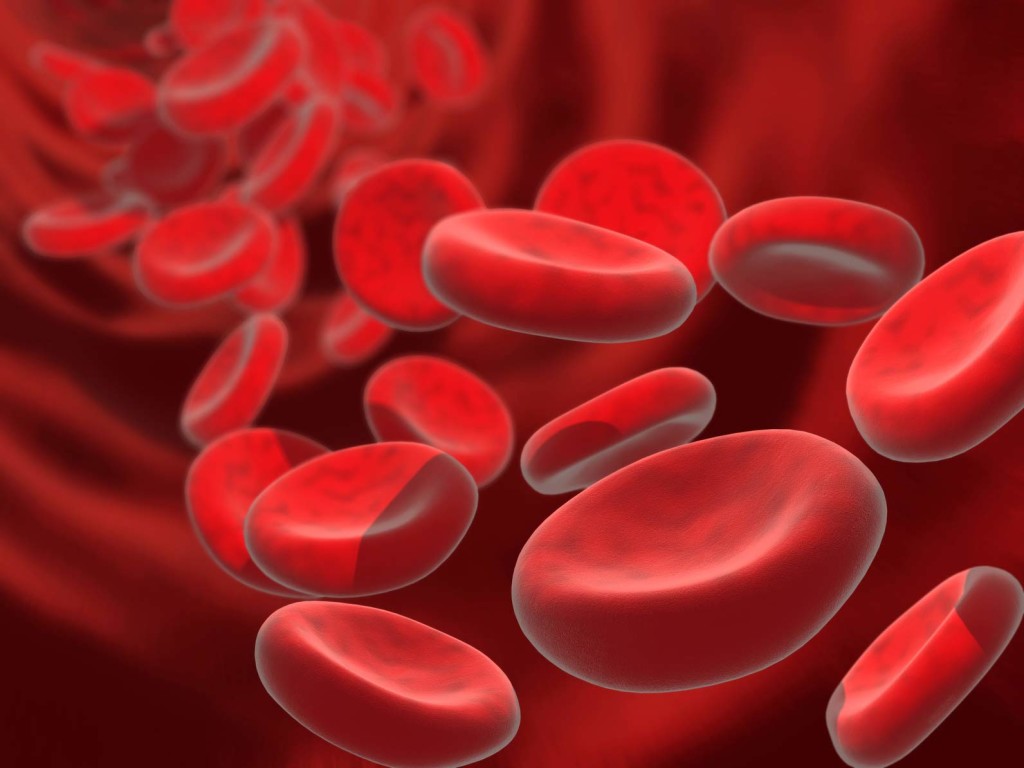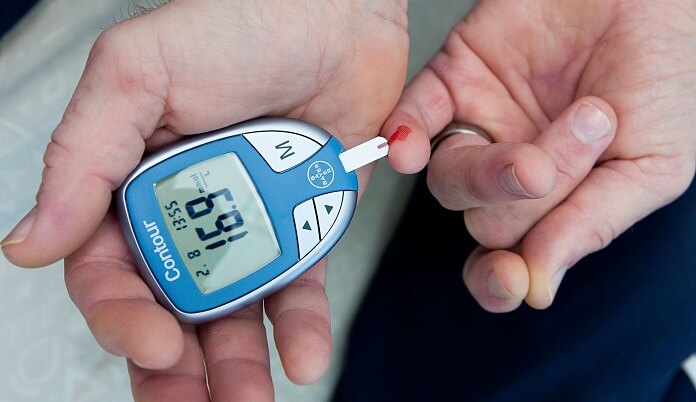Do You Know Your Blood Sugar Level? Here’s Why You Should . . .
Category: Healthy Nutrition

Let’s look at some sobering statistics:
1. A 2014 CDC report stated that 1 in 3 Americans have prediabetes (86 million) and over 90% of those people have no idea they have this condition. * The report goes on to say that prediabetes increases your risk of Type 2 Diabetes, Heart Disease and Stroke.
2. A 2013 article published in the New England Journal of Medicine** stated, “Our results suggest that higher glucose levels may be a risk factor for dementia, even among persons without diabetes (Funded by the National Institutes of Health)”.
3. Authors Jack Challem, Burton Berkson and Melissa Diane Smith in their book “Syndrome X” (Wiley Press, 2000) state, “High blood sugar, even within the so-called ‘normal range,’ has been shown to increase the risk of dying of a cardiovascular event by 40%, as well as chronic issues related to heart, brain, kidney, nervous system and cognitive health.”
4. Diabetes is the leading cause of kidney disease, blindness and amputations. In the United States, 24 million people have been diagnosed with Type 2 Diabetes; and the American Diabetes Association estimates that there are another 6 million who have the condition and don’t know it.
It is quite possible that someone you love is being affected by diabetes and is completely unaware. Considering the seriousness of the conditions brought on by poor blood sugar regulation, we would all be wise to stay on top of our numbers by getting tested regularly and taking action to get (or keep) those numbers in range.

Actions you can take today that will make a positive impact:
1. Ask your doctor to send you for appropriate tests and monitor blood sugar levels regularly at home with a hospital-grade Glucose Meter Kit. If you’re having difficulty keeping your numbers within range, make sure to check in with a medical professional.
2. Carrying extra weight is the chief risk factor for Type 2 Diabetes, so it stands to reason that the number one strategy for improving blood glucose regulation is achieving a healthy weight. Eighty to ninety percent of Type 2 Diabetics are overweight or obese. Identify your own personal motivation. You will find that the benefits of achieving your ideal weight will greatly outweigh the costs associated with carrying around those extra pounds.
3. Find healthy ways to keep your stress under control. Chronic stress leads to elevated levels of cortisol, which plays a role in the accumulation of belly fat and increases the risk of heart disease and diabetes.
4. Get your zzzZZZs! Sleep deprivation and disturbances have a direct effect on metabolic hormones that control hunger and satiety. A 2004 combined study of researchers from Stanford University and the University of Wisconsin found that those who slept for five hours, as opposed to eight, had a 15% increase in the appetite triggering hormone ghrelin and a 15.5% decrease in the hormone leptin. Leptin’s job is to signal when there is insufficient energy and hence a need to consume more calories. Have you ever noticed you’re extra hungry the day after a night with little sleep? This is the ghrelin and leptin talking. To add insult to injury, the 1976 Nurse’s Health Study*** (the third-generation study is now underway) revealed that women who slept for five hours a night were 32% more likely to experience major weight gain (an increase of 33 lbs. or more) and 15% more likely to become obese.
5. Check for hidden sugar in your diet. Clients are astounded at what we find when we do a pantry makeover. Watch your “healthy” beverages, yogurt, dried fruit, fruit juices and smoothies. Choose lower glycemic fruits such as berries and keep your portion size at ½ to 1 cup.
There’s obviously much more to the story and many additional avenues to explore. If you’d like to kick your sugar cravings to the curb or learn more about prevention and modifying lifestyle factors, I’d be happy to assist. There is actually a new clinical study underway to look at one specific process. I am enrolling clients now. If you’d like to learn more, please contact me at the number or email below.
To Your Optimal Health!
Debbie
Debbie Miller, INHC, CHHP
Member: American College of Nutrition
International Association of Health Coaches
American Association of Drugless Practitioners
*http://www.cdc.gov/diabetes/pubs/statsreport14/prediabetes-infographic.pdf
**http://www.nejm.org/doi/full/10.1056/NEJMoa1215740
***http://www.nurseshealthstudy.org (Brigham and Women’s Hospital, Harvard Medical School, Harvard
School of Public Health)



Facebook Comments